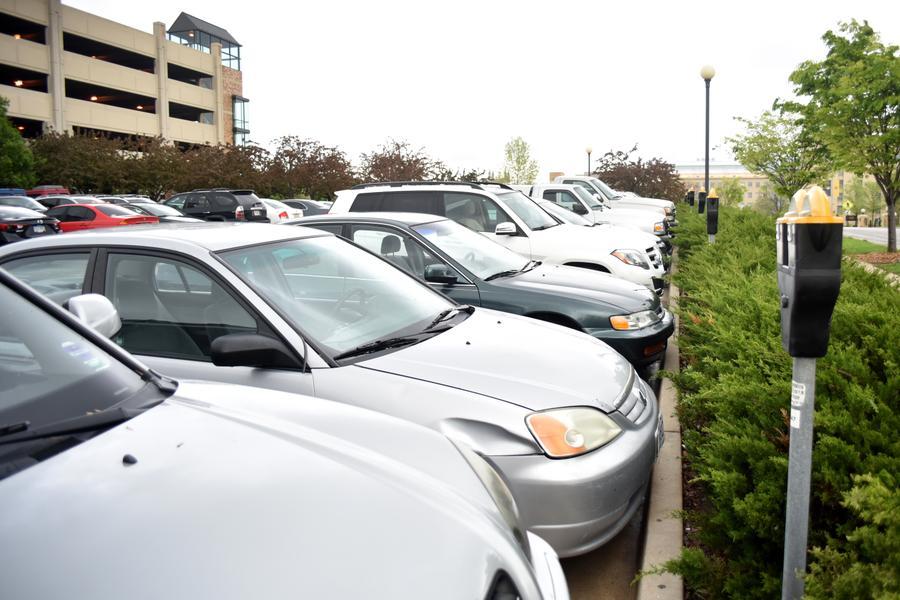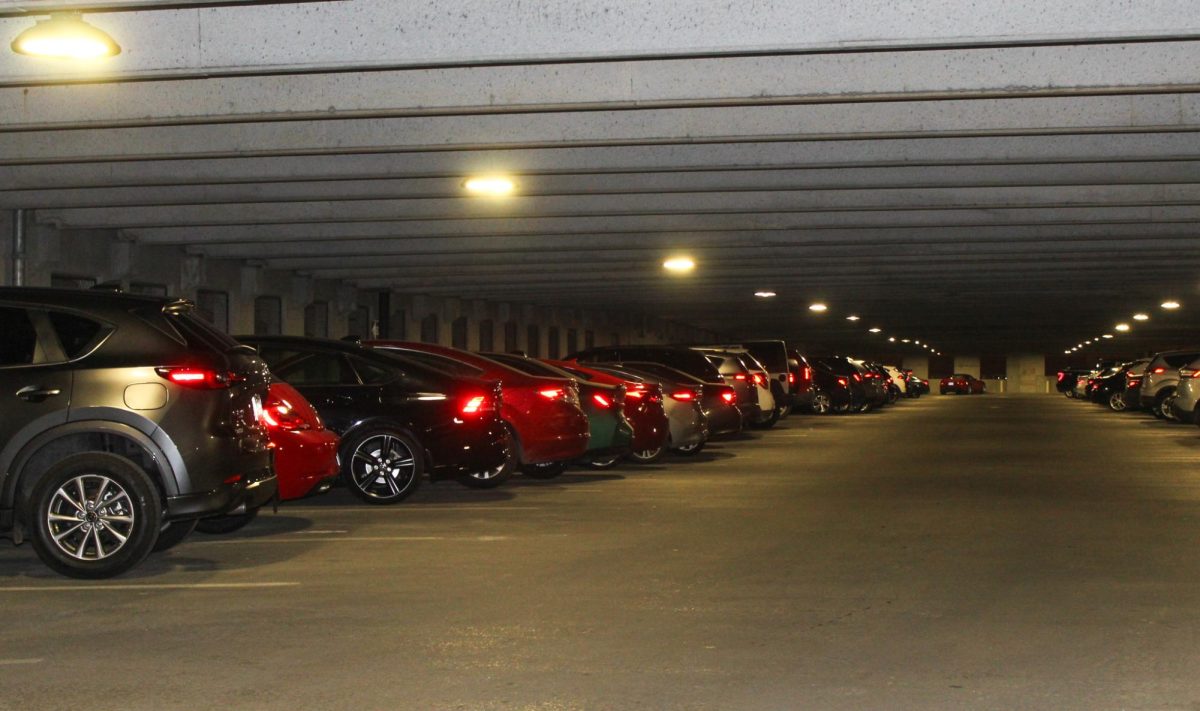Students will no longer have to buy physical parking passes or pay paper parking tickets when MU implements a new parking enforcement system in the fall.
MU will adopt the NuPark system, which is online-based and completely paperless, used by several universities around the country, MU Parking and Transportation Director Michael Sokoff said.
The system currently requires in-person staff to go around and check the tags on vehicles in parking garages, and then issue tickets accordingly. The new system will consist of vehicles with mounted cameras that will patrol garages and meter areas on campus, and cross reference the license plate data from the camera feed against all registered permit holders at MU.
Students who commit parking violations will receive an email from Parking and Transportation with the specific violation, the time, date, and GPS-coordinated location of their vehicle, Sokoff said. The GPS location is taken from the parking system’s vehicle, not student vehicles. They will also be emailed two photographs: one of their vehicle’s license plate and a context photograph showing how exactly they committed a parking violation.
Campus enforcement staff will then begin the process of verifying the information and issuing a ticket if necessary.
“We support them and will work with the new process,” MU Police Department spokesman Maj. Brian Weimer said.
The NuPark system itself will cost approximately $250,000 and the office has budgeted for it for a number of years, Sokoff said. The Parking and Transportation Office is an auxiliary of MU and receives no funds from the state or the university.
“We hope to call it Tiger Park,” Sokoff said. “Our idea is to name it something that is recognizable.”
The change is projected to add new revenue of $66,000 to $132,000 per year to the Parking and Transportation offices because of an expected 5–10 percent increase in permit sales. The new system will also allow all parking tickets to be paid electronically.
Sokoff also said that this system is much less labor intensive on his staff, and will eliminate the need for students to line up outside the parking office to pay their fees.
“It’s not so much about cracking down,” Sokoff said. “We are simply managing the parking scheme of the university.”
The NuPark system was brought to the attention of MU Parking and Transportation when communicating with other universities. Baylor University, University of Kansas, Stanford University and Texas Tech University all use the system.
“This particular system that we are going to be using was developed at Texas Tech around 2010,” Sokoff said. “We had heard about this, and then started to think about updating our technology.”
Before this new system, MU’s Parking and Transportation office was behind the curve by about 10–15 years, but the new technology is “cutting-edge,” Sokoff said.
This system also helps with Parking and Transportation’s data collection.
“Right now we do manual lot counts, so I’ll have two of my enforcement staff physically count how many open spaces there are at 10 on a Wednesday morning.” Sokoff said.
With the NuPark system, Parking and Transportation will be able to acquire real-time data on parking availability from structure to structure. Accurate, real-time data will help their offices manage the placement of their enforcement staff and will allow them to operate more efficiently.
_Edited by Taylor Blatchford | [email protected]_














